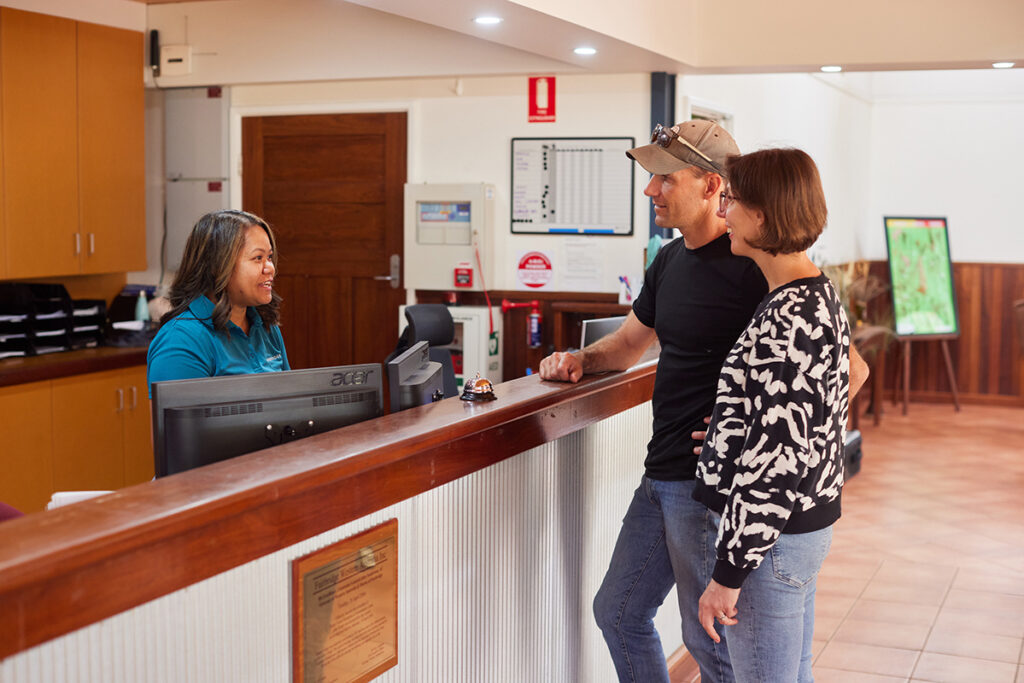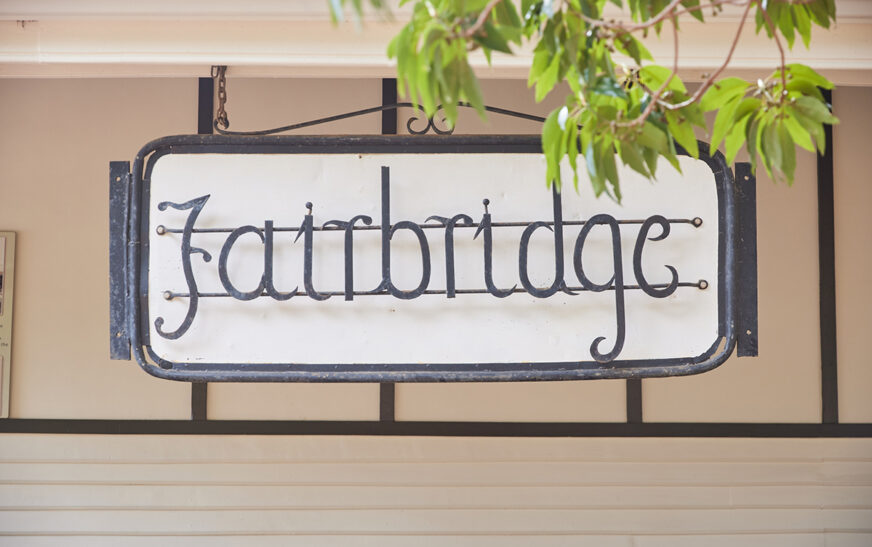The relationship between businesses and the communities they serve is multifaceted and dynamic. Strong businesses have a profound impact on their local communities, while thriving communities contribute to the success of businesses. This mutual dependency creates a cycle of growth, support, and opportunity.
Organisations like Fairbridge exemplify how a business can make a meaningful difference in the lives of individuals and communities alike. Their initiatives go beyond profit and revenue, focusing on uplifting people through empowerment and real-world change.
How Businesses Influence Communities
Businesses play a key role in shaping the communities they operate in, impacting them in several ways. When companies engage positively with their community, they foster a sense of belonging, trust, and loyalty. This relationship can translate into a variety of tangible benefits, including:
Job Creation and Economic Growth
One of the most obvious ways businesses influence communities is through job creation. Every business, regardless of its size, contributes to the local economy by offering employment opportunities. When businesses like Fairbridge invest in hiring local talent, it not only creates jobs but also stimulates economic growth. These opportunities give community members a chance to build stable livelihoods, which in turn, boosts spending in local shops, restaurants, and services.
Support for Local Initiatives
Many businesses understand the importance of giving back to the communities that support them. Through donations, sponsorships, or volunteer efforts, businesses contribute to local charities, sports teams, or events.
Fairbridge, for instance, has taken a proactive approach in this area by directly engaging in community-building projects that support vulnerable individuals and promote empowerment. Such contributions help build a strong social fabric that enhances the overall wellbeing of the area.
Social Responsibility and Ethical Business Practices
In recent years, there has been a growing expectation for businesses to behave ethically and contribute to social causes. Customers and communities now hold businesses accountable for their environmental, social, and economic impact.
Companies that prioritise corporate social responsibility (CSR) often see increased loyalty from their customer base and heightened engagement from the community. Fairbridge embodies these principles through its commitment to empowering individuals, particularly those who are often overlooked by society.
This level of social responsibility fosters trust and positions businesses as true partners in community development.

The Role of Communities in Business Success
While businesses clearly influence communities, the reverse is also true. Communities play a vital role in determining the success and longevity of a business. A supportive community can offer a variety of benefits to businesses that go beyond financial gain.
Customer Loyalty and Brand Advocacy
A business that actively supports its community often finds that the community, in turn, supports the business. Consumers today are more inclined to patronise businesses that have strong local ties and demonstrate a genuine commitment to the wellbeing of their customers. Fairbridge, through its programs, strengthens these ties by building trust and delivering meaningful services to the community. In doing so, they ensure that individuals and families recognise the value of supporting such an organisation, fostering long-term loyalty.
Access to a Skilled Workforce
A thriving community is a critical source of skilled labour. By investing in local education, training, and development programs, businesses ensure they have access to a talent pool that meets their needs.
Fairbridge’s programs offer a prime example of this in action. By empowering young people and providing pathways to employment, Fairbridge not only contributes to individual growth but also ensures that businesses in the area have access to skilled and motivated workers.
This alignment between community development and business needs creates a win-win situation for both parties.
Community Engagement and Innovation
Communities can also be a source of innovation for businesses. Engaging with the community allows companies to gather feedback, learn about new trends, and discover potential areas for growth.
For example, Fairbridge consistently works with local stakeholders to identify pressing community issues and develop creative solutions. This engagement fosters innovation and ensures that both the community and the business can adapt to evolving needs and opportunities.

Conclusion
The relationship between businesses and communities is symbiotic. When businesses invest in their communities, they create opportunities for growth, trust, and resilience. In return, communities provide businesses with loyal customers, a skilled workforce, and opportunities for innovation. Organisations like Fairbridge exemplify how businesses can go beyond the bottom line to create lasting, positive change in the communities they serve.













